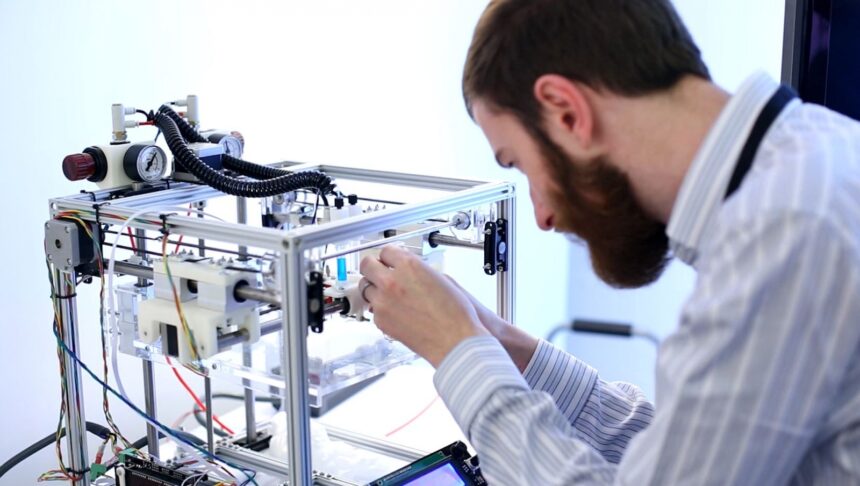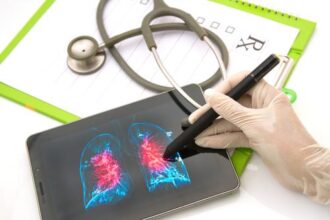Undoubtedly, society lives in a day and age where technology has such an enormous impact. Perhaps the most important technology people have access to today is those in the healthcare field. Many medical professionals are now using technology to perform more accurate diagnoses and life-saving invasive procedures that all culminate in quicker, cheaper, and more efficient patient care.
Undoubtedly, society lives in a day and age where technology has such an enormous impact. Perhaps the most important technology people have access to today is those in the healthcare field. Many medical professionals are now using technology to perform more accurate diagnoses and life-saving invasive procedures that all culminate in quicker, cheaper, and more efficient patient care.
Thanks to 3D printing, it’s now possible for hospitals and research facilities to print biological materials in a practical and efficient way. Although accurately and safely applying them to patients remain an untested and unproven process, the technology and the materials it produces can definitely solve several healthcare issues and gaps that have long plagued humanity. Examples of biological materials that have already been printed out include embryonic stem cells, skin, blood vessels, and cartilage.
Internet & Medical Apps
While it sounds really outdated, the Internet has helped disseminate medical information to both patients and professionals. In addition, medical apps that you can download on your mobile phone and carry around outside have enabled medical professionals to access information on the go. There’s an app that makes it easier to manage complex drugs like Coumadin by providing updated information on anticoagulation properties. There’s also an app that helps doctors identify the appropriate initial dosages, frequencies, and follow-ups for toxicology cases.
Magnetic Stirrers
This laboratory device has been used for decades, yet technology has allowed manufacturers to create more advanced lab stirrers as well as accessories they are commonly used with. For instance, various accessories for lab stirrers include things like support stands, swivel clamps, and filters. Advanced lab stirrers are now better capable of delivering precise and repeatable results in diverse settings including chemistry and biology labs, which have allowed medical professionals to keep up with the relatively advancing field of medicine.
Robot-Assisted Checkups
Expanding access to healthcare means more people around the world can be diagnosed and treated accordingly. Robotic checkups may not be catching the headlines or getting attention at your local health centers or hospitals, but it’s an actual procedure being done. Telemedicine is a powerful tool for performing assessment and triage care not only in emergencies but also for routine rounds. Being able to check on different patients on shorter-term intervals can increase the response time of the medical team and be the key differentiator between life and death situations.
Medical technology is undeniably propelling the way medical professionals work. It continues to identify gaps and fills them. This ultimately leads to lower medical costs, higher success rate during operations, and faster response time for diagnosing and treating health illnesses.








